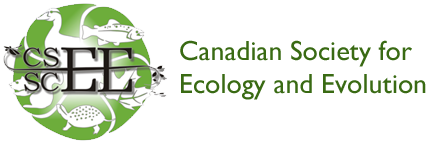1) POPULATION GENOMICS
Where: Quebec City (Canada)
When: 12-16 November 2018
Instructors: Dr. Martin Ian Taylor (University of East Anglia, UK) Dr. Lewis G. Spurgin (University of East Anglia, UK) Eric Normandeau (Laval University, Canada)
Overview: The course will cover the basics of population genomic analysis from SNP data onwards and will cover the key analyses that may be required to successfully analyze a population genetic data set. The course will NOT cover steps prior to generation of a .vcf file or SNP data set such as NGS data demultiplexing, clustering and SNP calling (This is covered in detail in the Introduction to RADseq course). This course will introduce Linux and the command line environment, basic perl and python usage, file conversions and manipulation, population structure and differentiation in R, outlier analysis, landscape / seascape genomics and introgression. Having completed the course, students should have a good understanding of the software and methods available for population genomic analysis and be competent in population genomic analysis.
Course website: https://www.physalia-courses.org/courses-workshops/course39/
2) eDNA Metabarcoding
Where: Quebec City (Canada)
When: 19-23 November 2018
Instructors: Dr. Vasco Elbrecht (University of Guelph, Canada) Eric Normandeau (Laval University, Canada)
Overview: After completing the workshop, students should be in a position to (1) understand the potential and capabilities of eDNA barcoding and metabarcoding, (2) run complete analyses of eDNA metabarcoding pipelines and obtain diversity inventories and ecologically interpretable data from raw next-generation sequence data and (3) design their own eDNA projects, including bioinformatic data analysis and planning of laboratory work. All course materials (including copies of presentations, practical exercises, data files, and example scripts prepared by the instructing team) will be provided electronically to participants.
While this course will focus on eDNA metabarcoding, however targeted single species detection and other alternatives will also be explored, as they can sometimes be suitable metabarcoding alternatives.
Course website: https://www.physalia-courses.org/courses-workshops/course40/
